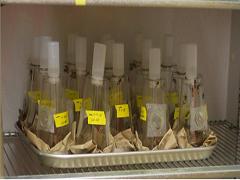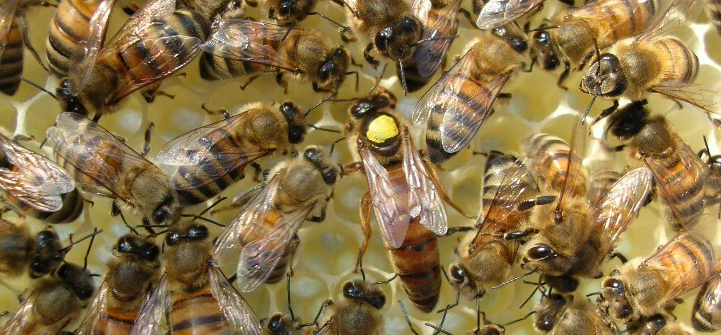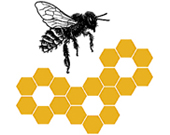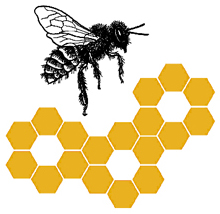 CAP Update December 2012: RNAi for Treating Honey Bee Diseases
CAP Update December 2012: RNAi for Treating Honey Bee Diseases
RNAi for Treating Honey Bee Diseases
Author: Yanping (Judy) Chen and Jay D. Evans, USDA-ARS Beltsville Bee Research Laboratory, Beltsville, MD 20705
Originally Jointly Published: American Bee Journal and Bee Culture, Decemeber 2012
Background
Many ground-breaking discoveries in science have occurred through serendipity. RNA interference (RNAi), a natural process to turn off gene activity in plants and animals is one of the many serendipitous discoveries that involved a mix of …





